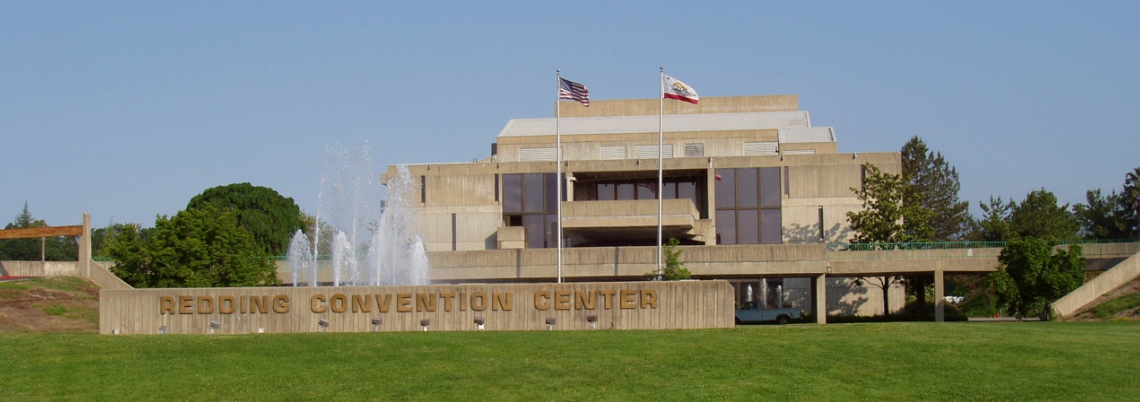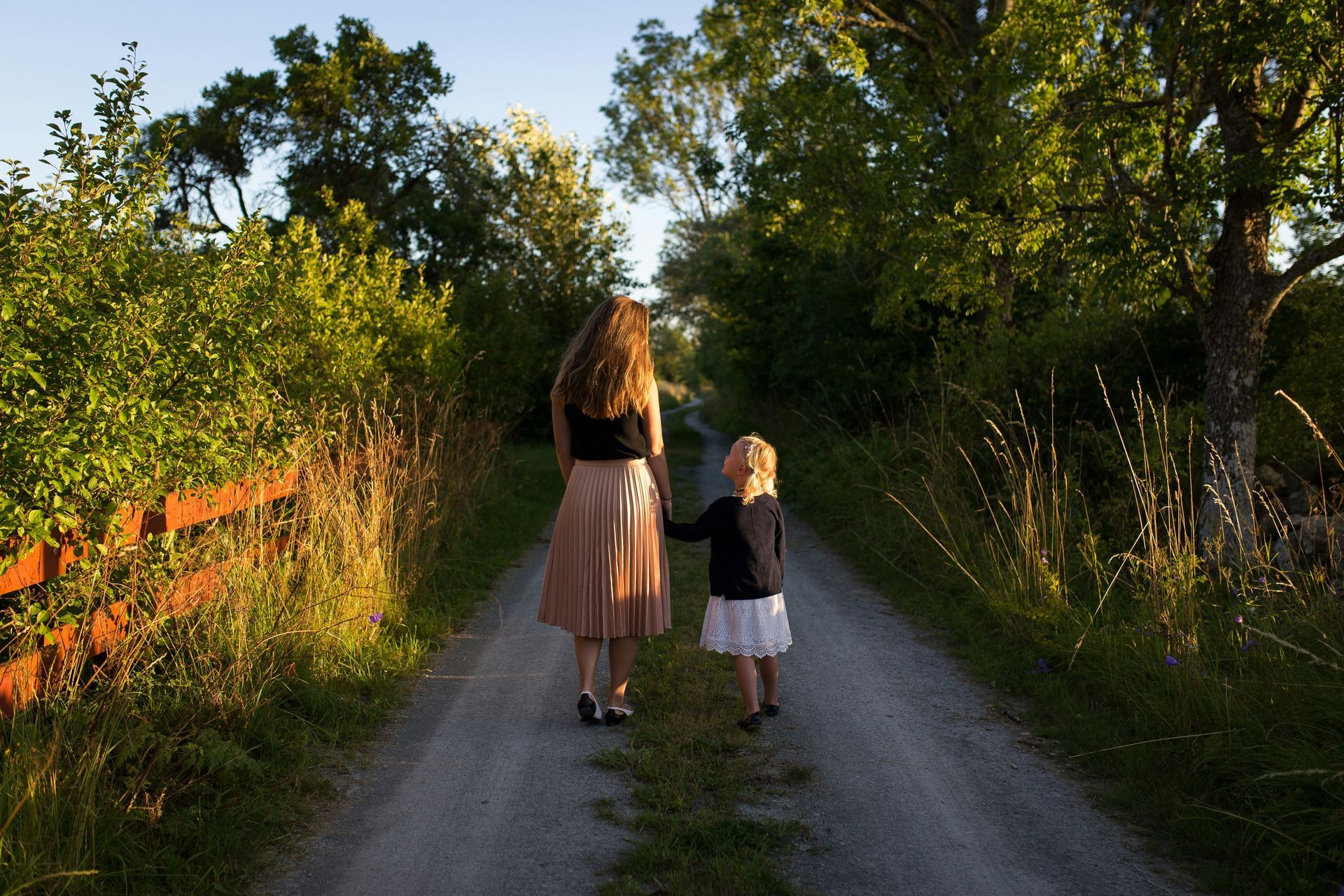Homelessness is one of the most challenging issues we face in society, but ignoring it is not an option. Here are some thoughts to consider when grappling with this concern.
• Homelessness is the symptom of a greater reality. Although these people may be homeless, they are not lesser citizens of our city.
• In the broadest sense, society doesn’t get to pick and choose its citizens. It is as wrong to mentally or economically profile our citizens as it is to racially profile them.
• We don’t have the right to require people to have a certain level of mental or emotional capacity before they move into our city, any more than we can require a person to have a certain level of earning capability.
• Cities are tasked with establishing a culture that serves its citizens no matter what condition in life they find themselves in.
• A great city is a city that serves all of its citizens well. Loving the poor, the broken, the helpless and/or the homeless is not only our responsibility, it’s our privilege!
• Those that “have” may not want the “have nots” around (and sometimes for really good reasons), but great cities are judged not by the lack of needy people in their community, but by their capacity and compassion to care for them.
• A great community adopts their less fortunate, takes ownership of all its citizens, and embraces them as valuable human beings. In fact, the greatest measure of a community is in how they treat powerless people who have no recourse. Remember that all of us who live long enough will most likely rely on others to help us in our later years.
• We do not have the right nor the responsibility to hide our broken and/or poor people away from society so that the middle class and the wealthy are not inconvenienced by their mere presence.
• People who find themselves in this condition are not the responsibility of a few city council members, nor are they the responsibility of a couple of specialized ministries. They are, in fact, the responsibility of all the citizens of our community! The truth is (like it or not) we are our brother’s keeper.
• The mental and/or emotional state of some of our more broken people may make it necessary to restrict them from congregating in certain areas or at certain times. For example, around schools or in front of businesses.
• It is wise as citizens of a noble city to do our best to meet the real root needs of these hurting people in a way that gives them a hand up (not just a hand out), understanding that some people simply don’t have the capacity to help themselves.
• It’s important for society to understand that these people need to feel wanted as much as they need substance. Rejecting them will only drive them deeper into a dysfunctional state and prolong any kind of forward progress in our community.
• Many people don’t want to extend kindness to them because they simply don’t want them around their establishment or personhood. But finding ways to help them that rewards healthy behaviors is the right solution.
• One of the greatest challenges we have is that broken people actually need to be in the presence of healthy people to get the needs of their soul met and to have any chance of improving their condition. This is why isolating the homeless to themselves isn’t a holistic solution.
• Homeless people do tend to congregate together, however, so establishing healthy places for them to have a sense of “belonging”… their own space…seems wise. These places of “refuge” should have a team of wise, compassionate overseers that can shepherd these people. These overseers need to understand the complete menu of social services available to them and have team members who can help them access these services.
• These overseers need to have some sort of official authority to lead these people in some healthy capacity.
• With the right kind of help, a large percentage of these people are capable of reestablishing themselves as healthy members of society. Understanding the root causes of brokenness in a person’s life is essential in developing the right process to helping them into wholeness. (Whatever we misdiagnosis we will mistreat).
• It’s important that we realize that the same symptom of homelessness has many different causes. A “one shoe fits all” approach to homelessness will be mildly effective at best, and ineffective at worst.
• Homelessness is a chosen and acceptable lifestyle for some people. Not everyone wants to live the American Dream.
If you would like to subscribe to my newsletter, sign up here
.
Do you know someone who has struggled with homelessness? Tell me about it in the comments below.




